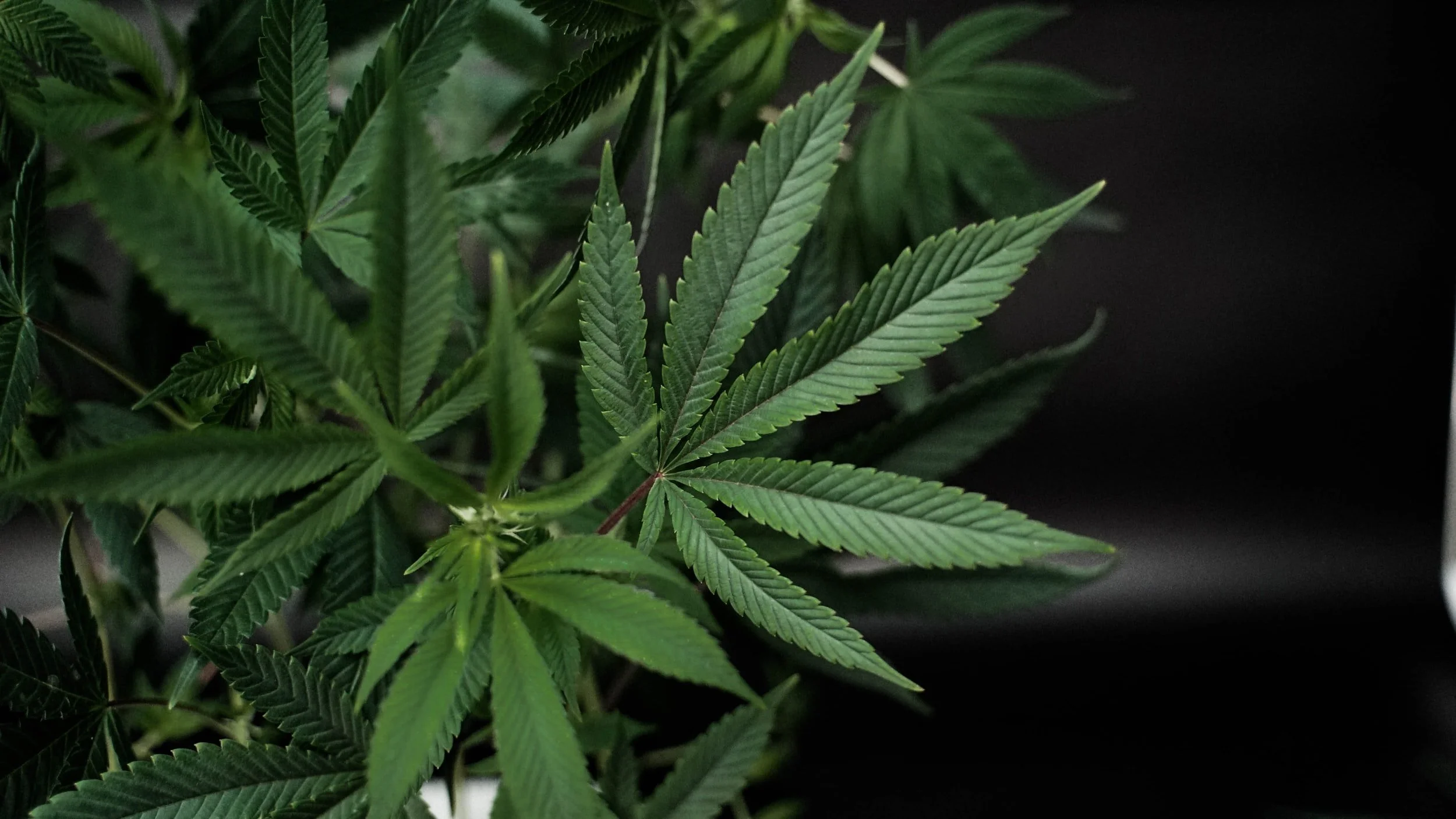Growing Cannabis Equity in Seattle
Current State of Cannabis in Seattle
+ An Economic Boom
- Though illegal just 10 years ago, Cannabis is one of the state’s most profitable industries. In 2021, just over sixty Seattle cannabis retailers sold over $185 million dollars of cannabis products.* Median monthly sales for a single cannabis location in Seattle was $484,000.
- Despite this economic boom, the people who grow, prepare, and sell cannabis products have not reaped similar benefits.
*All retailer sales, Seattle, 502data.com
+ A Legacy of Racism
- While cannabis is a multi-million-dollar industry in Seattle and a 1.5 billion dollar industry in Washington State, people in Seattle were still being convicted of crimes for selling cannabis less than 15 years ago.=
- The failed War on Drugs targeted and overpoliced Black communities for cannabis; today, Black communities are largely shut out from the economic gain of the industry.
- Cannabis producers, processors, and retail store owners are disproportionately white, while front-line workers are disproportionately women, trans, and Black, Indigenous or People of Color.
+ Poor Working Conditions
- Since the elimination of the medical cannabis industry, Cannabis workers are often put in the role of working as de-facto pharmacists without sufficient access to training.
- Cannabis workers have become essential in the pandemic; yet despite the risks, they are offered few protections on the job.
- Most Cannabis workers earn minimum wage plus tips and most lack health insurance.
- Workers and management handle large amounts of cash with limited access to banking and credit services in the industry; for workers this creates a targeted unsafe working environment and for managers it can encourage poor accounting, tip theft, and money laundering.
- Of the nearly 20,000 Cannabis jobs in Washington state, only 200 are union represented.
Proposed Policy Solutions
Back at the end of 2020, we began working with a broad group of community stakeholders on ways to ensure there was equity built into the cannabis industry. We met 1:1 with dozens of individuals and organizations who have a stake in ensuring equity for community in cannabis policy to address the disproportionate impact that the War on Drugs wrought on BIPOC members of our community.
We convened outside facilitation to help that broad set of stakeholders come up with a list of policy solutions to address the inherent inequity in the industry, and here are the proposed policy solutions that came out of those conversations. We have offered to the city these proposals and as the process moves forward, we will continue to engage to advocate that the policy that is passed by council is consistent with the proposals that came from community.
+ Cannabis Equity Fund and Cannabis Equity Commission
- Establishes a community-centered process to distribute the Cannabis Equity Fund, prioritizing the needs of those most impacted by the failed War on Drugs including the resulting:
- Criminalization
- Incarceration
- Poverty
- Income inequality
- Barriers to employment, housing, public services, and education
- Opening pathways to equitable ownership of cannabis business in the City of Seattle, through training, mentorship, access to loans or grants.
- The Cannabis Equity Commission will create recommendations for the design of new policies, programs, and projects and modifications to existing policies, to the Mayor, City Council, and city departments that advance cannabis equity.
+ Expand and Automate Cannabis Felony Conviction Expungement
- Calls on King County and the State of Washington to expedite the process of vacation and expungement of felony possessions, consistent with the Blake decision.
- Promotes efficiency through consultation with nonprofits that have assisted other US major cities with setting up automated processes and tools.
+ Cannabis Workforce Professionalization
- Fosters long-term professional development with training tracks for workers that promote upward mobility and career advancement.
- Facilitates equitable access to training programs with supports like assistance with childcare, transportation, and financial aid.
- Continuing education, legitimizing knowledge, and skill building for budtenders resulting in a more consistent and valuable experience for consumers.
+ Employment Opportunity
- Creates employment goals in the cannabis industry by offering pre-employment training and promoting the hiring of BIPOC workers and communities affected by the War on Drugs.
+ Protects Cannabis Workers
- Safer workplaces in the cannabis industry through the creation of city-wide compliance and safety training programs and standards.
- Retail emergency response training
- Chemical and processing safety training
- Protects workers’ jobs when businesses change hands.
- Creates employer transparency to allow the proper enforcement of worker’s rights.
+ Funding
- All of this can be funded with a nominal increase in cannabis sales tax
- Exempts medical patients and topicals.
- With a nominal cannabis price increase, Seattle consumers will still benefit from having some of the lowest prices for legalized recreational cannabis products in the nation.*
*Source: The Emerald
*Source: American Addiction Centers
*Source: Full Spectrum



